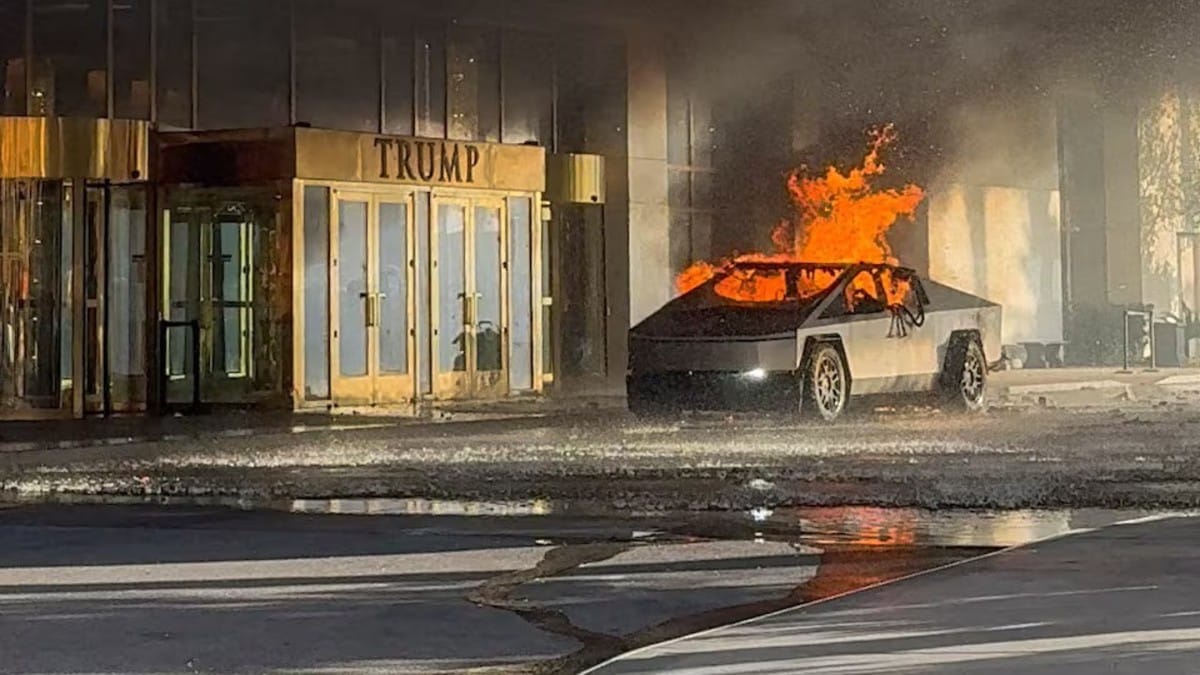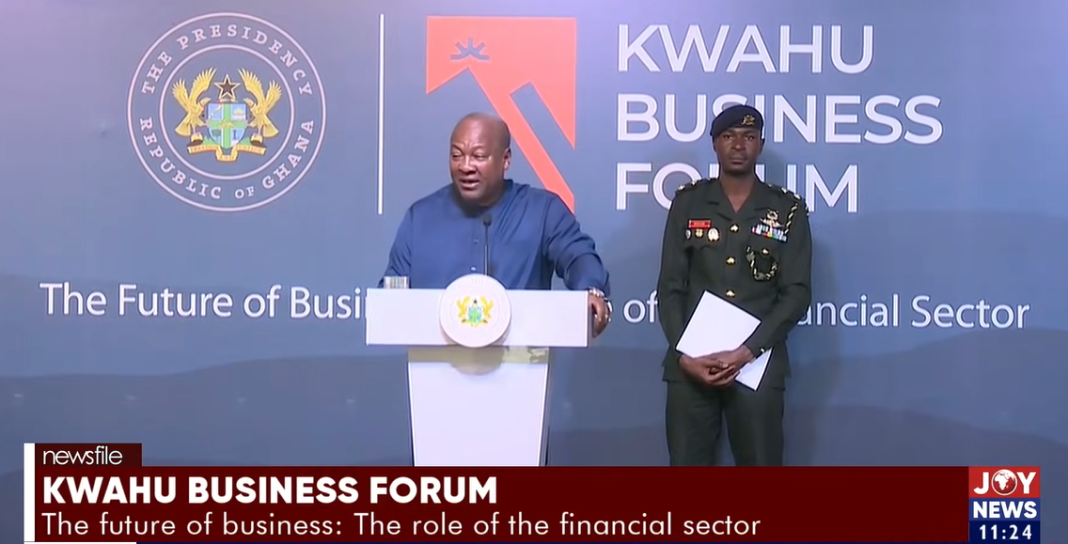Elon Musk and Tesla are going through an agnipariksha . Literally. In many parts of the United States, Teslas, the super-sleek electric cars that are Elon Musk’s brainchild and trademark, are under attack.
Many have even been set on fire. Why? No one quite knows. But it seems as if the attacks are in retaliation principally to Musk’s role in cutting wasteful expenditure as the head of DOGE.

They are meant to destroy Musk’s business and thus a direct pushback by those who hate him and his unwelcome interference in American politics. Will Musk haters and baiters succeed? That remains to be seen. But if know anything about Musk, it is likely that he will bounce back, hitting his adversaries hard.
In fact, if anything, these targeted strikes have already given Tesla an opportunity to install more advanced surveillance and protective technology. Indeed, Musk, the maverick visionary behind Tesla, SpaceX, and a host of other groundbreaking ventures, is no stranger to controversy. His life and businesses have often been a crucible of innovation and adversity, where resilience is tested under the fiercest conditions.
But today, Tesla, the electric vehicle empire that stands as Musk’s brainchild and a symbol of his relentless ambition, is literally ablaze. Across various parts of the United States, Teslas, the svelte futuristic machines that redefined automotive engineering, are being targeted, vandalized, and even set on fire. While the motives remain murky, a compelling thread emerges, tying these acts of destruction to Musk’s polarising role as the head of the Department of Government Efficiency (DOGE), a position that has thrust him into the heart of American political and economic debates.
Are these retaliatory attacks planned, rather than random, with the specific aim of crippling Musk’s business empire? Prima facie, their motive does seem obvious: take down Elon Musk. Why do I say this? Because the phenomenon of Teslas being torched is not an isolated incident but a disturbing nation-wide trend. Reports of vandalism, ranging from smashed windows to full-on arson, have surfaced in cities and suburbs alike.
These are not stray acts of mischief; they carry the hallmarks of deliberate sabotage. The shiny curves and glowing Tesla logos, once symbols of progress and luxury, have become targets for Molotov cocktails and spray paint. No definitive declaration has emerged from the perpetrators.
Even law enforcement has yet to pinpoint a single organized group. Yet, the timing and context suggest a deeper motive, one intertwined with Musk’s recent foray into the political sphere. DOGE, the Department of Government Efficiency, a tongue-in-cheek acronym that reflects Musk’s penchant for blending humour with audacity, has certainly disrupted the manner in which government works.
Its access and outing of data on excessive and irresponsible spending, billions and billions of taxpayer dollars, from a narrow radius of a few miles around Capitol Hill in D.C., has sent shockwaves through the entire establishment.
Appointed to this advisory role under the Trump administration in early 2025, Musk has taken on the Herculean task of slashing what he deems wasteful government spending. With his characteristic bluntness, he has proposed cuts to bloated bureaucracies, subsidies for outdated industries, and programmes he argues stifle innovation. Predictably, this has made him a lightning rod for criticism.
Unions, environmental groups (ironically, given Tesla’s green credentials), and political operatives reliant on the status quo have decried his influence as an overreach—an unelected billionaire meddling in the machinery of democracy. To his detractors, Musk’s role in DOGE is an affront to their interests that upends entrenched power structures. Could this be the spark behind the Tesla fires? The theory holds weight when one considers the symbolic potency of the attacks.
Tesla is more than a car company—it’s Musk’s legacy, a tangible manifestation of his vision and defiance. By targeting Teslas, his adversaries strike at his economic jugular, aiming to destabilize his empire and, by extension, his credibility. The logic is simple: if Tesla falters under public fear or financial strain, Musk’s stature as a titan of industry weakens, diminishing his political clout.
It’s a calculated move, blending vengeance with strategy, a message written in flames that says, “Stay out of our sandbox.” No doubt Musk’s enemies are legion, ranging from disgruntled former employees to radical activists. Add to this the political enemies accrued through DOGE, from lobbyists to local officials, to top politicians whose pet projects face the chopping block.
The anonymity of the attacks only fuels speculation, turning Tesla’s plight into a Rorschach test for America’s fractured psyche. Will they succeed? History suggests otherwise. Musk is a man forged in adversity—whether it’s the near-collapse of Tesla in 2008, the scepticism over SpaceX’s reusable rockets, or the ridicule of his Hyperloop dreams.
Each time, he has emerged not just intact but stronger, wielding failure as a whetstone for breakthrough innovation and runaway success. The Tesla attacks, far from being his undoing, may prove to be his next launchpad. Already, the company has responded with characteristic agility.
New models rolling off the line boast enhanced surveillance systems—cameras with AI-driven threat detection—and reinforced materials designed to deter vandalism. Tesla service centers are offering retrofit packages, turning every owner into a sentinel. The fires, meant to intimidate, have instead handed Tesla a narrative of resilience and a chance to flex its technological muscle.
In the end, Tesla’s trial by fire is less a referendum on its survival than a test of America’s own conscience. The haters may scorch a few cars, but they’re unlikely to incinerate Musk’s—or his boss, Trump’s—resolve. The flames may rage, but Musk is betting on rising from the ashes.
And if we know anything about him, he’ll do it with sweet vengeance—and perhaps a tweet or two to rub it in. The writer is an author and columnist. Views expressed in the above piece are personal and solely those of the author.
They do not necessarily reflect Firstpost’s views..
Politics

US Sutra | Trial by fire: Tesla under attack

Tesla’s trial by fire is less a referendum on its survival than a test of America’s own conscience















